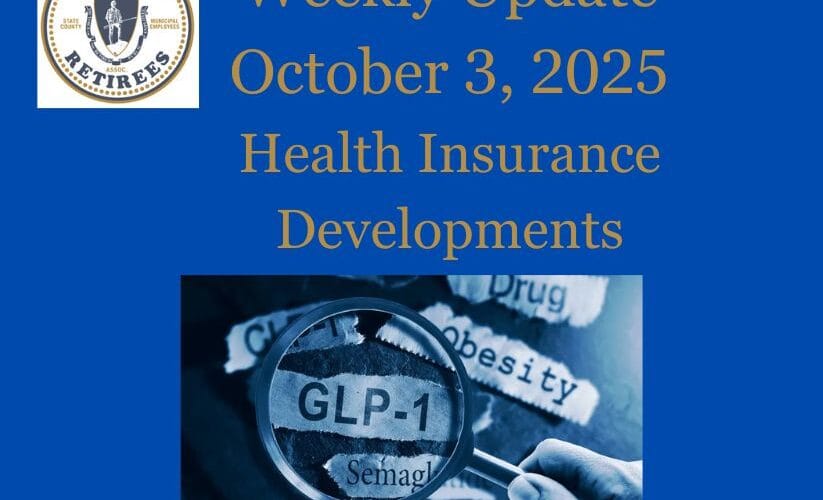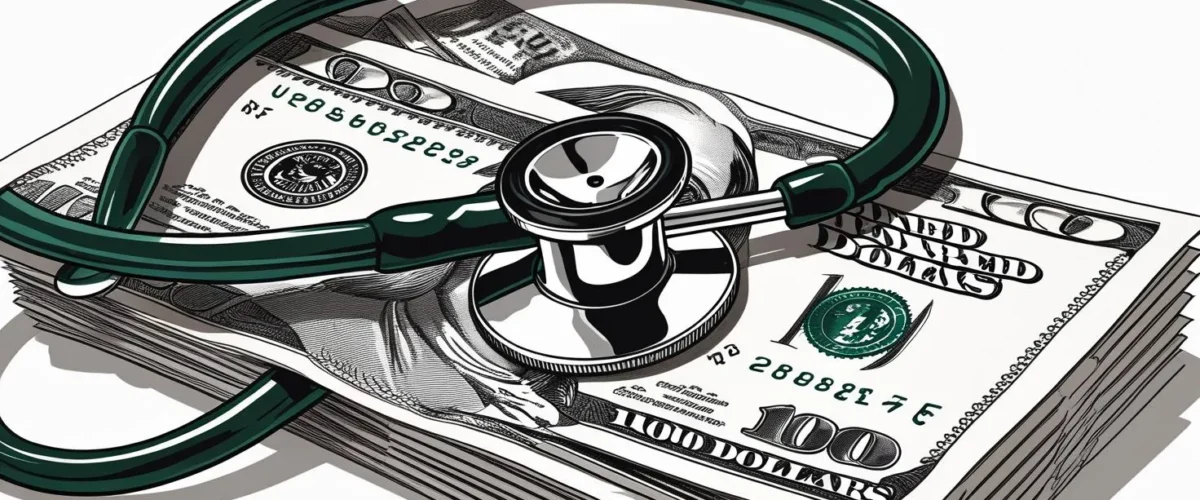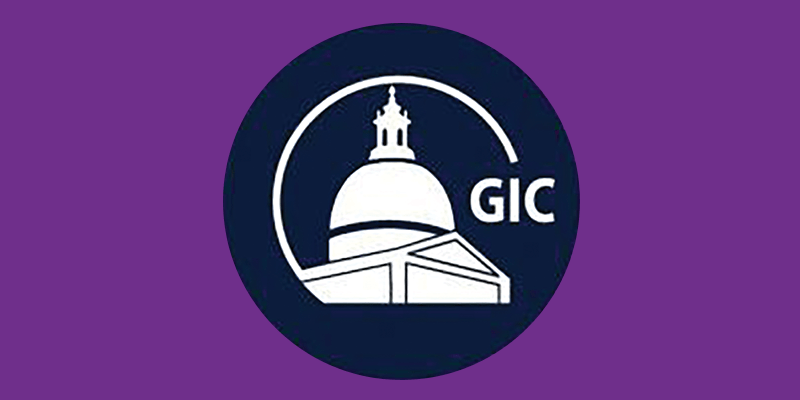Articles about the State GIC that may be useful to Massachusetts retirees

Mass. municipalities & school districts hit hard by rising health insurance costs
January 5, 2026From the MediaBy James Vaznis, Globe Staff Escalating health insurance costs turned into a budget nightmare this academic year for Pioneer Valley ...Read More - Mass. municipalities & school districts hit hard by rising health insurance costs

Retiree Health Insurance Developments
October 3, 2025Breaking NewsWeekly Update, October 3, 2025: This week our focus returns to retiree healthcare, both at the state and municipal levels ...Read More - Retiree Health Insurance Developments

Healthcare Affordability: As Collaboration Takes Shape
September 6, 2025NewsOur lead article in the July edition of The Voice was an editorial spelling out our deepening concerns regarding healthcare ...Read More - Healthcare Affordability: As Collaboration Takes Shape

The urgency of tackling health care affordability
July 28, 2025From the MediaThe system is buckling under the weight of soaring costs of drugs and medical care by SARAH ISELIN, president and ...Read More - The urgency of tackling health care affordability

One big disaster for Massachusetts health care
July 17, 2025News, From the MediaApproximately 326,000 Mass. residents are expected to lose insurance coverage under Trump’s big tax and spending cuts bill ...Read More - One big disaster for Massachusetts health care

Healthcare Affordability Concerns Deepen
June 19, 2025News, Breaking NewsSteps Must Be Taken to Prevent Crisis Scenario For the better part of two years, Mass Retirees has sounded the ...Read More - Healthcare Affordability Concerns Deepen

GIC Report on Out-of-pocket Costs
June 19, 2025NewsContains Largely Good News For Retirees At their May meeting, GIC commissioners focused primarily upon the annual report on out ...Read More - GIC Report on Out-of-pocket Costs

Protecting Retiree Health Insurance
May 14, 2025NewsHelp Defend Your Right to Quality & Affordable Health Care As a public retiree, your right to high-quality and ...Read More - Protecting Retiree Health Insurance

Relief From Chronic Pain
May 13, 2025NewsMedical Cannabis Among the Options Many untold thousands of Mass Retirees members are among the 40% of older adults who ...Read More - Relief From Chronic Pain

GIC Supplemental Funding
May 10, 2025Breaking NewsOn Thursday, May 15th, the state legislature passed and Governor Healey signed into law, the $240 million supplemental appropriation fully ...Read More - GIC Supplemental Funding


